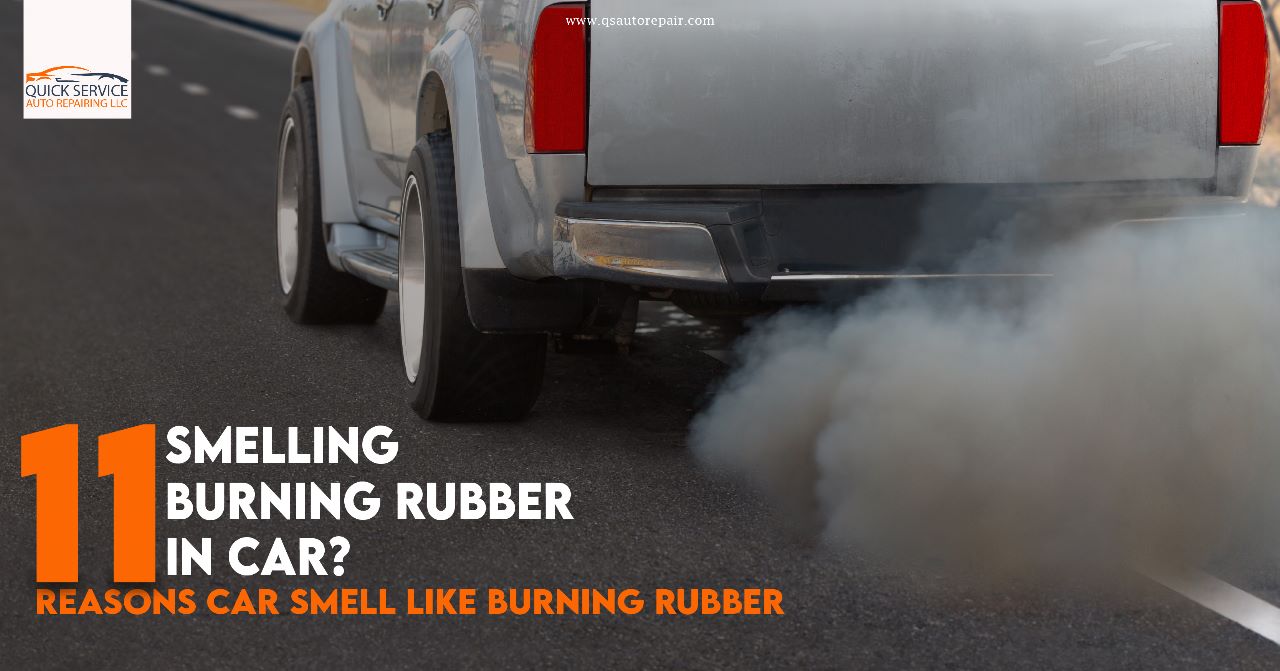نحن منفتحون 7 أيام في الأسبوع
Fri إلى خميس 08:00 صباحا - 10:00 مساءا
Car AC Making Hissing Noise: Causes and How To Fix it

Understanding Car AC Making Hissing Noise
Common Causes of Hissing Noise in Car AC
It’s great when driving on a scorching day, and your car’s air conditioning (AC) blows cool air. But if your AC makes a hissing sound in the car, that’s not good. It could mean something’s wrong with it. This article will discuss what might be causing that hissing sound in your AC.
Refrigerant Leak: The Stealthy Culprit
Damaged AC Hose: A Breach in the Line of Defense
Faulty Compressor: The Heart of the Matter
Clogged Expansion Valve: A Roadblock to Cooling
Worn-out Bearings: The Hum of Disrepair
In your car’s AC system, several bearings help parts move smoothly. But with time and lots of use, these bearings can wear out. They might make a hissing sound when they get old, telling you it’s time to change them.
How to Fix Hissing Sound in Car AC
Now that we know why your car’s AC might hiss, let’s talk about how to fix it step by step. Acting quickly can make your AC work again and stop more damage. So, let’s get started and solve the problem.
Step 1: Prioritize Safety
Step 2: Locate the Leak
Step 3: Repair or Replace Damaged Components
Step 4: Recharge the System
Step 5: Test the AC
Addressing Compressor Issues
Professional Help
When dealing with compressor issues in your car’s AC system, it’s essential to understand that this job is best left to the professionals. Here’s why:
Expertise Matters
Compressor problems can be intricate and often require a deep understanding of the inner workings of an automotive AC system. Certified mechanics possess the knowledge and expertise needed to diagnose compressor issues accurately.
Specialized Equipment
Fixing or changing a compressor often needs special tools that professional mechanics have. These tools are essential for safely and adequately dealing with compressor problems.
Complex Diagnosis
Compressor problems show up differently, like weird buzzing noises or weak cooling. Finding the exact issue and deciding if the compressor needs fixing or changing is tough. It would be best if you had a trained technician for this job.
Refrigerant Handling
Using refrigerant in the AC system requires special knowledge and safety measures. Certified mechanics know how to use it safely, which reduces the chances of harming the environment or getting hurt.
Long-Term Reliability
Professionals repairing or replacing the compressor make your AC system dependable for a long time. That means you can count on your AC to work well after they fix it, and it will cool your car consistently.
Maintaining the Expansion Valve
Regular Maintenance
To ensure your car’s AC keeps working well and doesn’t have expansion valve issues, it’s wise to have a trained technician check it regularly. Here’s why regular maintenance is essential:
Lubrication and Functionality
During regular AC check-ups, a skilled technician will look at the expansion valve and add lubrication to keep it working smoothly. This helps avoid problems with the valve and keeps your AC system working well.
Detecting Early Signs
Regular check-ups allow technicians to detect and address potential expansion valve problems early. Identifying issues early can save you from costly repairs and ensure uninterrupted cooling in your vehicle.
System Efficiency
A well-maintained expansion valve contributes to the overall efficiency of your AC system. It helps regulate the refrigerant flow, ensuring the air blowing into your car’s cabin remains at the desired temperature.
Extended Lifespan
Caring for your AC system can make it last longer, even the expansion valve. Technicians can help by fixing things and making changes to keep your AC working well for more years.
In conclusion, to keep your car’s AC working well in the hot summer, you need trained mechanics for compressor problems. But you can also help by checking the expansion valve regularly. Both ways make your AC last longer and work better.
Troubleshooting Common Car AC Issues
Few things are more frustrating than a malfunctioning car air conditioning unit, especially on a sweltering day. However, many AC problems are common and can be resolved with troubleshooting. This guide explores typical AC issues and steps to help you diagnose and potentially fix them.
1. Weak or Warm Airflow
Potential Causes:
- Low Refrigerant Levels: A common reason for weak or warm airflow is insufficient refrigerant, often due to leaks.
- Clogged Air Filters: Dirty or clogged cabin air filters can restrict airflow, leading to poor cooling.
- Faulty Compressor: A malfunctioning compressor may not adequately pressurize refrigerant, resulting in weak cooling.
Troubleshooting Steps:
- Check the refrigerant gas levels and, if low, consult a professional to locate and repair leaks.
- Inspect and replace dirty or clogged cabin air filters regularly.
- Have a technician inspect and potentially repair or replace the entire compressor if necessary.
2. Unusual Noises
Potential Causes:
- Belt Problems: Loose or damaged AC compressor belts can produce squealing or squeaking noises.
- Debris in the System: Foreign objects or debris in the AC system can cause rattling or clicking sounds.
- Compressor Issues: Faulty compressors can produce a range of noises, including hissing, grinding, clunking, or whistling sounds.
Troubleshooting Steps:
- Inspect the AC serpentine belts for damage or tension issues. Replace them if needed.
- By professionally cleaning it, ensure no foreign objects or debris are in the AC system.
- If the noises persist, consult a mechanic to diagnose and potentially replace the compressor.
3. Foul Odors
Potential Causes:
- Mold or Mildew Growth: Moisture in the AC system can lead to mold or mildew growth, resulting in unpleasant odors.
- Clogged Drain Tube: A clogged drain tube can trap water, fostering bacterial growth and odors.
Troubleshooting Steps:
- Run the AC on full blast with outside air for a few minutes to help dry out the system and reduce odors.
- Replace the cabin air filter, as it may be contaminated with mold or mildew.
- If odors persist, consult a professional to clean the AC system and unclog the drain tube.
4. AC Not Blowing Air
Potential Causes:
- Blower Motor Issues: A malfunctioning motor can prevent the AC from blowing air.
- Electrical Problems: Faulty wiring or a blown fuse can disrupt the AC’s operation.
Troubleshooting Steps:
- Check the fuse box for blown fuses related to the AC system and replace them if necessary.
- If the blower motor isn’t working, consult a mechanic for a diagnosis and potential replacement.
5. Intermittent Cooling
Potential Causes:
- Refrigerant Leaks: Leaking refrigerant can result in intermittent cooling as the system struggles to maintain pressure.
- Faulty Thermostat: A malfunctioning thermostat may not regulate temperature correctly.
Troubleshooting Steps:
- Address refrigerant leaks by consulting a professional to locate and repair them.
- If the thermostat is suspect, consult a technician to inspect and potentially replace it.
Remember that it’s best to seek professional assistance if you’re unsure about diagnosing or fixing AC issues. Attempting complex repairs without the necessary expertise can lead to further problems. Regular maintenance and addressing issues promptly can help keep your car’s AC running smoothly and keep you cool on the road.
استنتاج
A hissing noise from your car’s AC can be annoying and could indicate underlying problems. Addressing these issues promptly is crucial to enjoy a comfortable and efficient cooling experience. Regular maintenance and professional inspections are vital to maintaining your car AC.
أسئلة مكررة
Why is my car AC hissing only when it’s on high settings?
Hissing on high settings may indicate a compressor issue. It’s advisable to have AC checked by a professional.
Can I use a refrigerant sealant to fix a refrigerant leak in my car AC?
While sealants may provide a temporary solution, it’s best to consult a mechanic for a permanent fix.
Is it safe to continue using my car’s AC if it’s making a hissing noise?
Using the AC with a hissing noise can lead to further damage. It’s better to get it inspected as soon as possible.
How often should I have my car’s AC system serviced?
Regular AC maintenance is recommended at least once a year to prevent issues like hissing noises.
What’s the environmental impact of a refrigerant leak from a car AC?
Refrigerant leaks release greenhouse gases, so we must fix them to help the environment.









